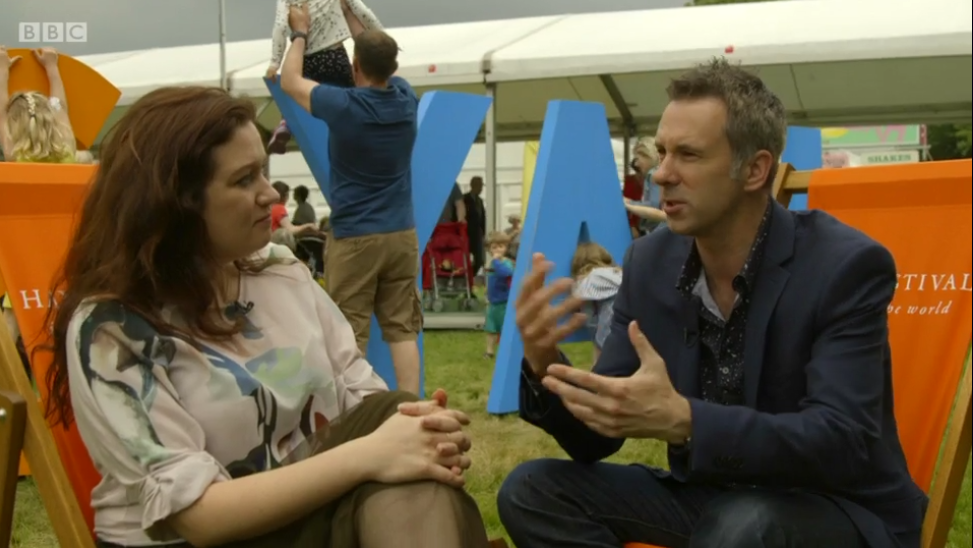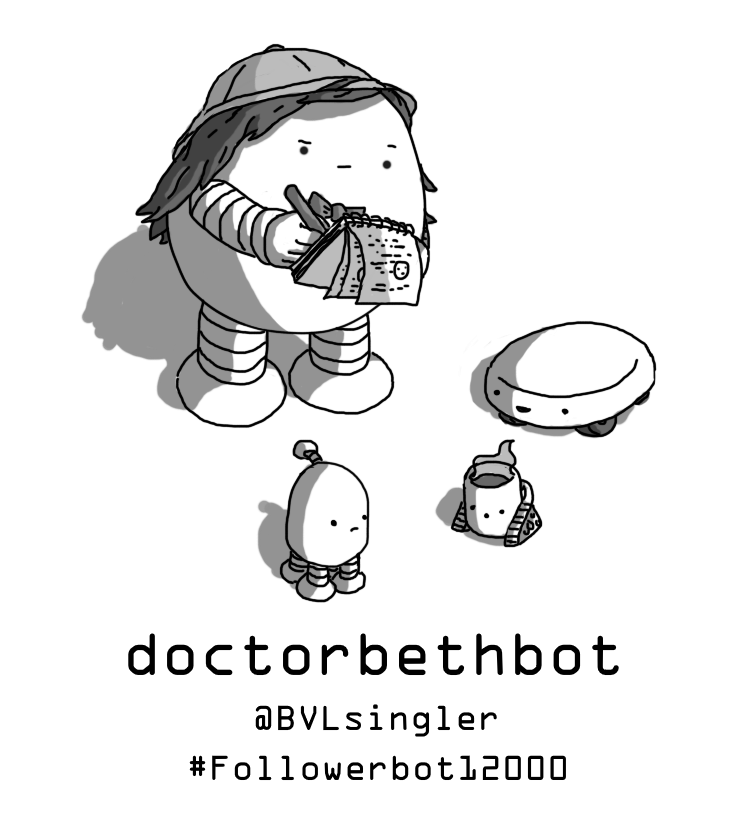
Professor Beth Singler is the Assistant Professor in Digital Religion(s) at the University of Zurich (UZH). She is the Co-Director of the University Research Priority Programme (URPP) in Digital Religion(s), a Director of the Digital Society Initiative, and Co-Lead of the MEEET-Lab.
Beth explores the social, ethical, philosophical and religious implications of advances in Artificial Intelligence and robotics. She has been described as the “smartest and sanest observer of digital religion” (Church Times 2025)
In 2024 she published two books on Religion and AI:

Her newest monograph, Religion and AI: An Introduction, which won a 2025 ISSR Book Prize
And The Cambridge Companion to Religion and AI, co-edited with Fraser Watts
Prior to joining UZH she was the Junior Research Fellow in Artificial Intelligence at Homerton College, University of Cambridge, after being the post-doctoral Research Associate on the “Human Identity in an age of Nearly-Human Machines” project at the Faraday Institute for Science and Religion.
As a part of her public engagement work she has also produced a series of short documentaries. The first, Pain in the Machine, won the 2017 AHRC Best Research Film of the Year Award.
Beth has appeared on Radio4’s Today, Sunday and Start the Week programmes discussing AI, robots, and pain. In 2017 she spoke at the Hay Festival as one of the ‘Hay 30’, the 30 best speakers to watch.

She was also one of the Evening Standard’s Progress 1000 – the list of the most influential people in various fields – in both 2017 and 2018. In 2020 she was one of the 21 to Watch – the top 21 entrepreneurs, inventions, and thinkers in the East of England. In 2021 she won the Digital Religion Research Award and became a fellow of the International Society for Science and Religion.

She has spoken on AI and human identity at the London Science Museum, Cheltenham Science Festival, the Barbican, the Being Human Festival, and the Cambridge Festival of Ideas. She has appeared at the Edinburgh Science Festival, Ars Electronica, IP Expo, and New Scientist Live. She has been interviewed by the New Scientist, Forbes, the Guardian, the New York Times, and the BBC, among others.

Beth is an experienced social and digital anthropologist, and her first academic book was a groundbreaking in-depth ethnography of the ‘Indigo Children’ – a New Age re-conception of both children and adults which uses the language of science, evolution, and spirituality.

